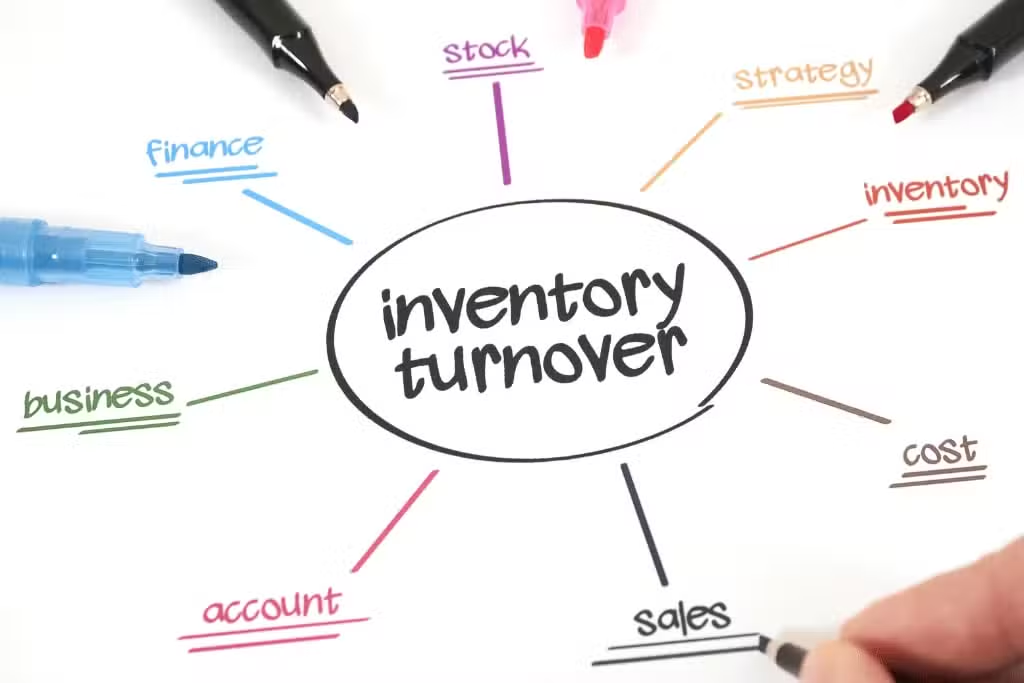In the fast paced world of B2B eCommerce and distribution, accuracy and efficiency are vital to maintaining a competitive edge. Distributors are constantly faced with the task of processing orders swiftly while also managing huge inventories and ensuring that the products are delivered in time. With ever-growing expectations of customers and increased competition, the need for cutting-edge technology solutions is more important than ever. The order management system as well as the warehouse inventory control system revolutionize how distributors run their business.
Order Management Software for Distributors: Highly Effective!
Order management software is crucial for any company that sells products. Order management software helps automate the tasks that otherwise would require lots of manual effort. Distributors depended on spreadsheets and manual entry systems to keep track of orders, inventory levels, and shipment records. These strategies are not only error-prone but also time-consuming. This isn’t viable in today’s digital world.

By adopting order management software, retailers are able to process orders in just a few clicks, decreasing the chance of errors and speeding up the overall process. The software can manage multiple orders at the same time, track each order from the time it’s received until the moment it’s delivered, and provide customers with updates in real time. Additionally, it integrates with other systems, including shipping and warehouse platforms, to streamline operations even further.
Order management software also helps improve customer relationships by enhancing the accuracy and transparency. Distributors can give their customers accurate information on delivery times, product availability and levels of inventory. This improves trust and increases the likelihood of repeat business. For field sales representatives, this technology enables them to place more orders in less time, which can boost revenue while ensuring that customers are satisfied.
Streamlining Operations using Warehouse Inventory Management Systems
Distributors should also be concerned about the efficacy of inventory management systems in warehouses. managing a diverse and large inventory can be daunting, especially when dealing with the high demand for products and fluctuating stock levels. Warehouse inventory systems that are sophisticated automatize key procedures, including the selection of orders and tracking stock. They ensure that every item is properly accounted for and orders are accurately fulfilled.
One of the main benefits of using a warehouse inventory management system is real-time inventory visibility. This feature allows distributors to see the amount of stock they have at any given moment. It eliminates the possibility that there could be an overselling or stockouts. With a thorough awareness of the present inventory the distributors can make informed decisions regarding the reordering process, managing backorders or even optimizing the space in warehouses.
Order picking can be made easier by automated inventory management software. Warehouse employees used to manually select items from orders on paper. This could lead to errors and delays. Automated picking workflows allow staff to find items quickly in real-time to ensure that orders are filled precisely and efficiently. This not only reduces time but also cuts down on the expenses associated with incorrect or delayed shipping.
B2B eCommerce and Modern Distribution
B2B eCommerce has grown rapidly to meet the demands of distributors, their clients and retailers, as eCommerce continues to dominate retail and distribution. B2B transactions were traditionally controlled by telephone calls, emails, and manually filled out order forms. These methods are no longer enough to manage the demands of today’s dynamic marketplace. B2B eCommerce platforms allow distributors to offer their customers seamless self-service that boosts efficiency and reduces expenses.
B2B eCommerce systems with integrated order management and stock systems permit businesses to provide precise pricing, current availability of products and immediate ordering. Customers can browse distributor catalogs, check stock levels and place orders through the platform. This helps reduce the need for manual intervention and improves the customer experience.
B2B eCommerce platforms are a excellent way for distributors to increase their efficiency, but they also enhance data accuracy and the ability to scale. Automatization of routine tasks like order processing and stock management means that businesses can handle more orders, without affecting labor costs. In addition, B2B eCommerce allows distributors to expand their reach, providing services to clients across regions and even internationally.
Conclusion The Future of Distribution is Digital
Leveraging technology in the world of distribution is not an option, but necessary. By implementing order management software and warehouse inventory systems distributors can simplify their operations, improve accuracy, and increase customer satisfaction. Combining these tools together with a B2B eCommerce system enables businesses to compete and succeed in an increasingly demanding market.
It’s past the days of manual ordering and inventory tracking. Distributors who use these systems will not only have an advantage over competitors but also improve their efficiency. As customer expectations continue to increase, the ability complete orders in a matter of minutes and to provide real-time inventory information is vital to succeed in this age of digital distribution.